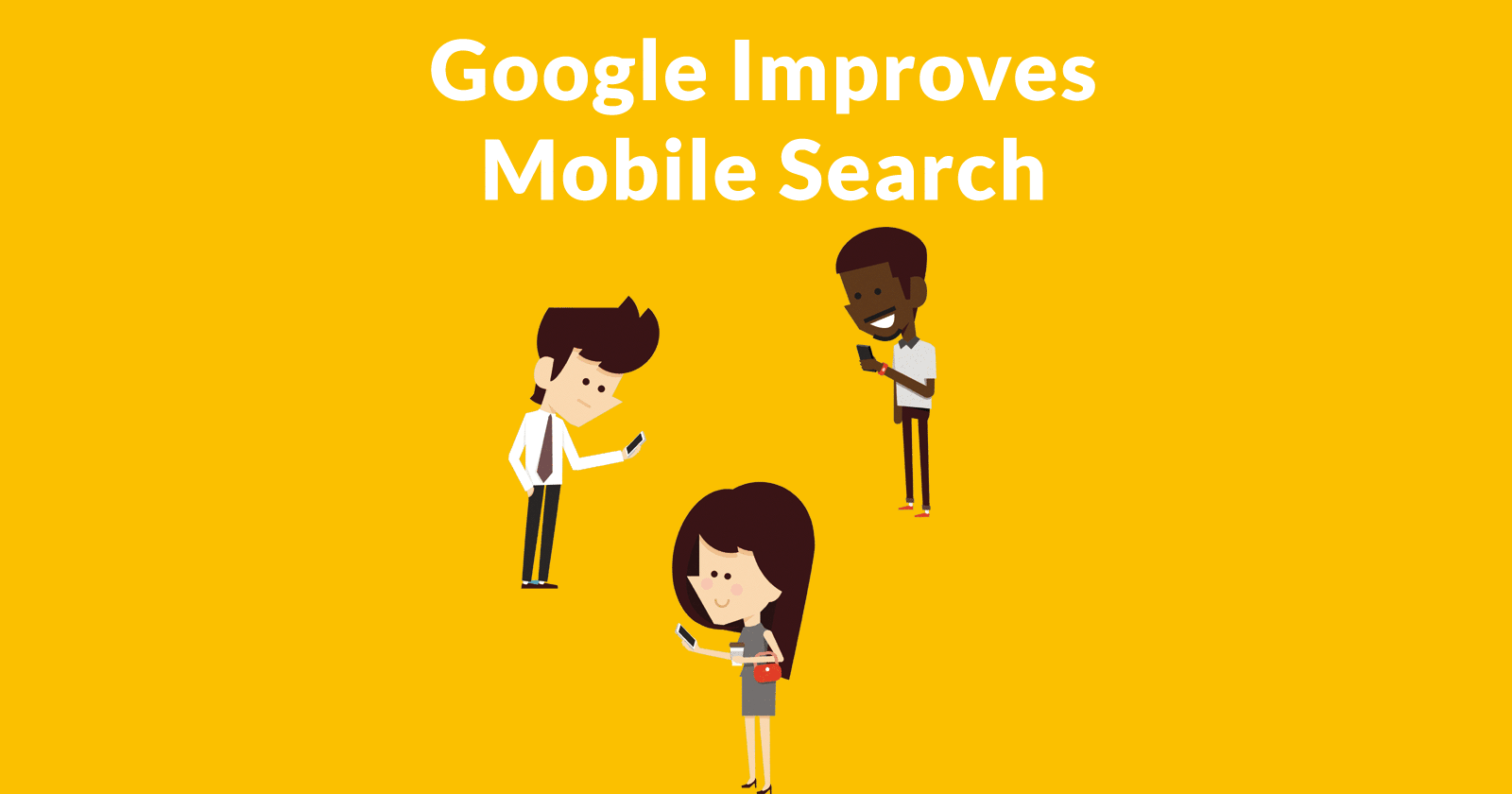In a bit of good news for web publishers, Google announced via Twitter a change to Google Mobile Search that will show more links to web pages faster. If the default search results do not satisfy the user they will have the option to click a “More results” button that will show links to more pages. This change affects both the Android and iOS Google search apps as well search on major mobile browsers except for Chrome for iOS. Support for Chrome iOS is coming soon.
Google’s Danny Sullivan, via the SearchLiason Twitter account announced:
“We’ve launched a new “More results” button that makes it easier & faster to get more search results on mobile. Now additional listings load below the ones already being viewed, rather than the old “Next” button that would load an entirely new page….
The “More results” button will appear for searchers using the Google app for iOS & Android or major mobile web browsers other than Chrome for iOS — support for that is coming. As for ads, the button will load more organic results first, then ads when relevant underneath those.”
Good News for Publishers
One of the top complaints by publishers has been diminishing traffic opportunities from Google search on mobile. This may represent good news for site publishers because it means more sites will be able benefit from mobile search traffic. Previously a user would have to click a “next” button and wait to have a new search results page loaded.
The mobile search page can already be crowded with results for images, local results and regular search results. So any change that speeds up the process of getting to more search results is a win for web publishers. There is no downside to this change.
 The “More results” link will load more search results faster than the old method of clicking a “next” button.
The “More results” link will load more search results faster than the old method of clicking a “next” button.What Does it Mean for Users?
Previously, a user would have to click a next button and then wait for another Google page to load. Now Google will be showing a “more results” button that loads additional links within the same web page. This represents a benefit to users because it shows moreweb results faster.
How do Users Feel About it?
Almost immediately some users began complaining of having their choice in the matter overruled. One Twitter follower asked:
“What if i want the classic “Next” back? Shouldn’t i be free to chose rather than accept? How do i switch it back to classic search pages?”
Presumably Google has tested this feature and users have responded favorably. Otherwise Google would not have rolled out this change.
In the past, changes to Google search have seem to come at the expense of traffic to search publishers, especially when their information was used without the benefit of more traffic. This change is a positive one because it benefits the users and the web publishers. Web publishers should welcome this change and look forward to some extra mobile traffic.
Images by Shutterstock, Screenshots by Author






![AI Overviews: We Reverse-Engineered Them So You Don't Have To [+ What You Need To Do Next]](https://www.searchenginejournal.com/wp-content/uploads/2025/04/sidebar1x-455.png)